How much influence does Russia have on Germany’s AfD? And how important is the AfD for Russia?
For the longest time, these were academic questions, although not very big ones. The links between the Kremlin and the far right in Austria, France, and Italy are documented in Anton Shekhovtsov’s excellent book Tango Noir. But there is relatively little research on the Russia / far right relationship in other countries, including Germany.
For obvious reasons, this is currently changing. I got recently involved in a project that looks into the consequences of Russia’s Invasion of Ukraine on right-wing populism in Europe. The full report will be published next week. Ahead of that, here are some of my findings on the situation in Germany.
- Arzheimer, Kai. “To Russia with love? German populist actors’ positions vis-a-vis the Kremlin.” The Impacts of the Russian Invasion of Ukraine on Right-Wing Populism in Europe. Eds. Ivaldi, Gilles and Emilia Zankina. Brussels: European Center for Populism Studies (ECPS), 2023. 156-167. doi:10.55271/rp0020
[BibTeX] [Abstract]Russia’s fresh attack on Ukraine and its many international and national repercussions have helped to revive the fortunes of Germany’s main radical right-wing populist party ‘Alternative for Germany’ (AfD). Worries about traditional industries, energy prices, Germany’s involvement in the war and hundreds of thousands of refugees arriving in Germany seem to have contributed to a modest rise in the polls after a long period of stagnation. However, the situation is more complicated for the AfD than it would appear at first glance. While many party leaders and the rank-and-file have long held sympathies for Putin and more generally for Russia, support for Ukraine is still strong amongst the German public, even if there is some disagreement about the right means and the acceptable costs. At least some AfD voters are appalled by the levels of Russian violence against civilians, and the party’s electorate is divided as to the right course of action. To complicate matters, like on many other issues, there is a gap in opinion between Germany’s formerly communist federal states in the East and the western half of the country. As a result, the AfD leadership needs to tread carefully or risk alienating party members and voters in the more populous western states. Beyond the AfD, the current and future consequences of the war have galvanised the larger far-right movement, particularly in the East. Moreover, they have led to further tensions in the left-wing populist “Linke” (left) party, which is traditionally pacifist and highly sceptical of NATO. The majority of the party tries to square commitment to these principles with solidarity with the victims of Russian aggression. A small but very visible faction, however, shows at least a degree of support for Russia and blames NATO and the US for the war.
@InCollection{arzheimer-2023e, author = {Arzheimer, Kai}, title = {To Russia with love? German populist actors' positions vis-a-vis the Kremlin}, booktitle = {The Impacts of the Russian Invasion of Ukraine on Right-Wing Populism in Europe}, publisher = {European Center for Populism Studies (ECPS)}, year = 2023, editor = {Ivaldi, Gilles and Zankina, Emilia}, pages = {156-167}, address = {Brussels}, abstract = {Russia's fresh attack on Ukraine and its many international and national repercussions have helped to revive the fortunes of Germany's main radical right-wing populist party 'Alternative for Germany' (AfD). Worries about traditional industries, energy prices, Germany's involvement in the war and hundreds of thousands of refugees arriving in Germany seem to have contributed to a modest rise in the polls after a long period of stagnation. However, the situation is more complicated for the AfD than it would appear at first glance. While many party leaders and the rank-and-file have long held sympathies for Putin and more generally for Russia, support for Ukraine is still strong amongst the German public, even if there is some disagreement about the right means and the acceptable costs. At least some AfD voters are appalled by the levels of Russian violence against civilians, and the party's electorate is divided as to the right course of action. To complicate matters, like on many other issues, there is a gap in opinion between Germany's formerly communist federal states in the East and the western half of the country. As a result, the AfD leadership needs to tread carefully or risk alienating party members and voters in the more populous western states. Beyond the AfD, the current and future consequences of the war have galvanised the larger far-right movement, particularly in the East. Moreover, they have led to further tensions in the left-wing populist "Linke" (left) party, which is traditionally pacifist and highly sceptical of NATO. The majority of the party tries to square commitment to these principles with solidarity with the victims of Russian aggression. A small but very visible faction, however, shows at least a degree of support for Russia and blames NATO and the US for the war.}, doi = {10.55271/rp0020} }
Table of Contents
Who are the populist pro-Russian actors in Germany? Does the AfD support Russia?
Alternative for Germany (AfD) is the dominant far-right political party in Germany, with representation in the Bundestag, the European Parliament, and in most state parliaments. It started out as a soft eurosceptic party but transformed into a populist radical right party with a focus on immigration, asylum, and Islam. The party is now widely known for cultivating ties with openly right-wing extremist actors and tolerating extremist tendencies within the party.
After absorbing the fragmented support that existed for older far right parties (most prominently the right-wing extremist NPD), the AfD has become the most important populist actor in Germany. It is disproportionately successful in the eastern states, where doubts about Germany’s support for Ukraine are more common. The AfD is now the most clearly pro-Russian party in Germany.
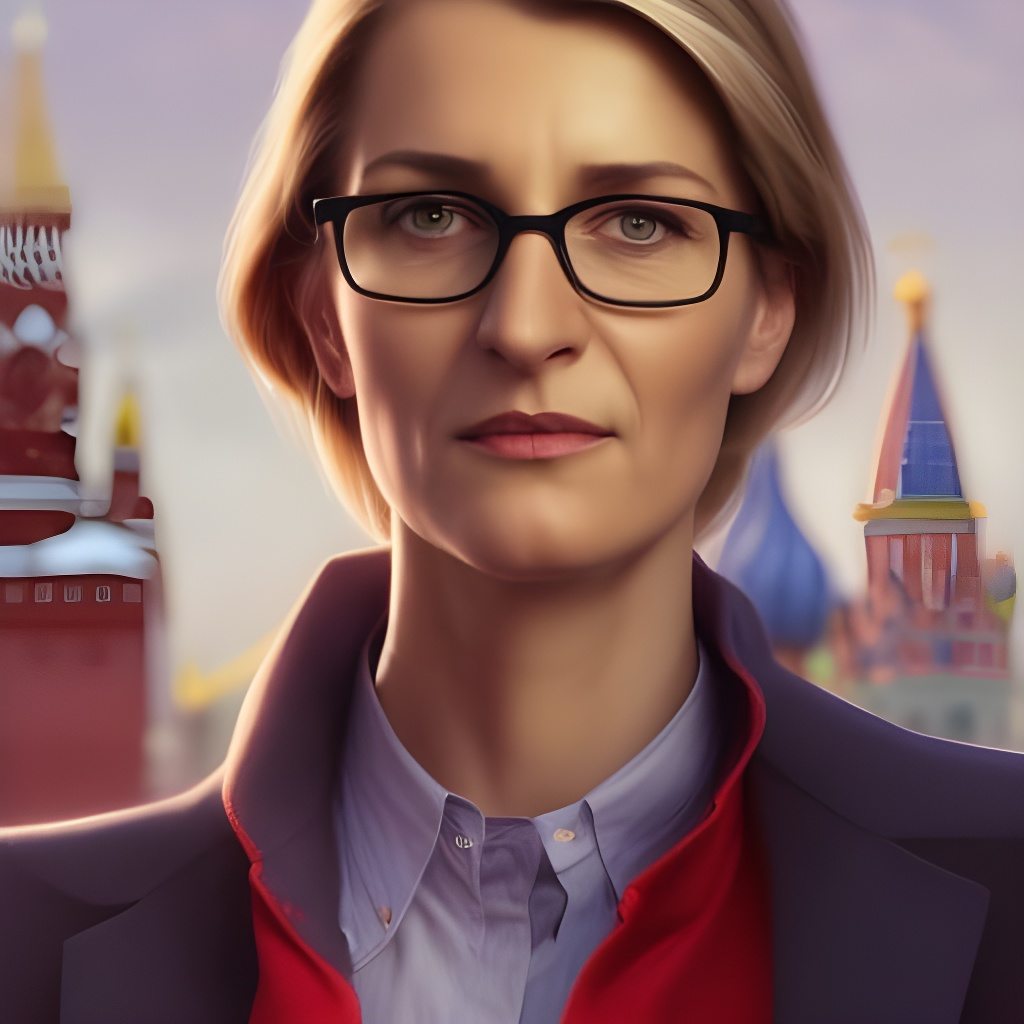
The Linkspartei is also considered populist, but is far-left and self-professedly pacifistic. The Linkspartei has long campaigned for the dissolution of NATO, has frequently taken a pro-Russian stance and is highly suspicious of the US, the EU, and Germany’s security apparatus. However, Russia’s atrocities against Ukrainian civilians proved too much for many in the Linkspartei.
Nonetheless, the Linkspartei’s most prominent member, Sahra Wagenknecht, takes a more pro-Russian position and is the frequent object of speculations about a possible alliance of far-left and far-right actors. Wagenknecht has recently organised a “peace rally” that drew participants from both ends of the political spectrum and may, after years of dithering, finally leave the Linkspartei.
The AfD and Russia after the annexation of Crimea
After the fall of the Berlin Wall in 1990, German right-wing extremists began forming networks with their counterparts in Central and Eastern Europe. Russia held a particular attraction for the German far right, as it was seen as a rival to US hegemony and a counter-project to liberal democracy. The annexation of Crimea in 2014 made Russia the main focus for the German far right, and the anti-Islam movement Pegida even added a demand for “an end to anti-Russian warmongering” to their manifesto.
Over the last three decades, Germany has also accepted 2.5 million immigrants from the former Soviet Union, most of whom are ethnic Germans. However, many are not well integrated and rely on Russian media for information. This group was particularly unhappy with the influx of refugees in 2015 and was specifically canvassed by the AfD.
But even in 2014, the AfD’s website showed “an unusual degree of sympathy for Russia and distrust for the US”. One of the party’s most influential leaders, Alexander Gauland, compared a possible division of Ukraine to the peaceful dissolution of Czechoslovakia. In their 2017 manifesto, the AfD called for improved relations with Russia and an end to sanctions that were imposed after the annexation of Crimea.
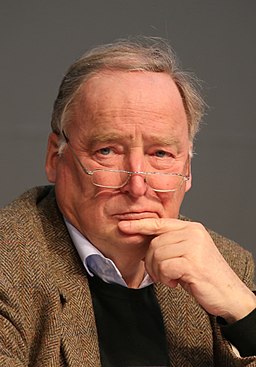
The party also suggested Russia’s “integration into a security structure”. This contrasts sharply with their stance on Turkey, which they believe should be expelled from NATO as “it is not culturally European”.
Calls for ending the sanctions were made also made in various state-level manifestos, e.g. in Baden-Württemberg (2016), Mecklenburg-Vorpommern (2016), and Saxony (2019). The 2019 manifesto for Thuringia even demands more electrical power generation from natural gas and specifically mentions “Russia, Norway, and the Netherlands” as “extremely reliable suppliers”.
In 2018, some AfD politicians went to Crimea as “international observers” during the (illegal) Russian presidential election held there. It was later discovered that the Russian state helped pay for their trip.
One of these members, Markus Frohnmaier, is married to a Russian journalist and has been to Crimea and eastern Ukraine multiple times. In 2019, the BBC published documents suggesting that Frohnmaier is a Russian asset. Despite this, he was reelected in 2021.
Another AfD member, Gunnar Lindemann, also travelled to the occupied territories and even attended an “anti-fascist” congress in Crimea, where he received an honour. As recently as September 2021, Lindemann and three other MPs went to Russia to act as “observers” during the Duma election. In fact, they were not sent by any international organisation.
The AfD’s position on Russia’s war against Ukraine
Immediately after the 2022 invasion of Ukraine, the AfD took a more nuanced stance. They called the war a “tragedy” and demanded Russia return to the negotiation table. But they also alleged persecution of ethnic Russians and argued for referenda in Crimea and eastern Ukraine.
A few months later, the AfD renewed its support for the North Stream II pipeline, as it was “essential for a reliable, secure and cheap energy supply”. By that time, Russia had already reduced the throughput of North Stream I by 60 per cent and would stop deliveries completely within weeks.
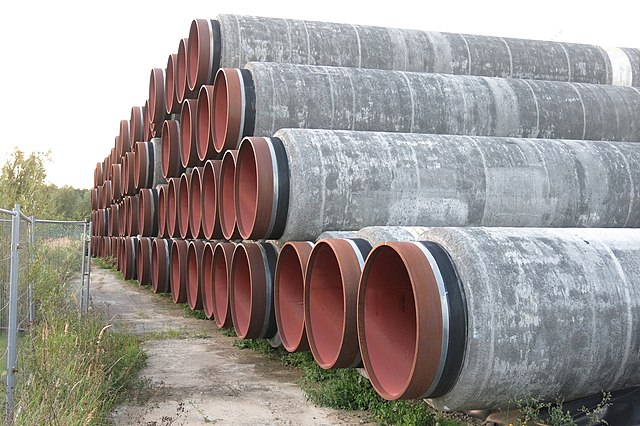
By the end of summer, the AfD reverted to a more hardline stance and openly admitted that they hoped to capitalise on widespread worries about energy insecurity and economic decline. Shortly before the sham referenda on the annexations, another delegation of would-be “observers” travelled via Russia to the occupied territories. They only aborted their trip after a massive public backlash and some criticism from within their own party.
In October, the AfD’s co-leader Alice Weidel claimed that the “main loser” of the conflict was “neither Russia nor Ukraine” but Germany, which she described as the victim of an “economic war”. In the same interview, she denounced the West for “reflexively supporting Ukraine’s maximalist demands”, rejected any form of German involvement, and urged the government to focus on reinstating the supply of Russian natural gas to safeguard Germany’s economy: “what that means for Ukraine … for a partition, that is not our concern”.
Six weeks later, her co-leader Tino Chrupalla doubled down on that position in a rambling statement where he said that “American presidents were war criminals, too”, while from his point of view, Putin was not a war criminal “because I am not in a position to judge his actions”.
Does being pro-Russian pay off for the AfD?
No mass protests against the government have occurred, and the AfD has not gained much from recent developments. In January 2022, the party’s support fluctuated around 10-11% in national polls. As of today, their support has only increased by about 4 percentage points. Despite a million refugees arriving from Ukraine, high cost of living, and a major European land war, the AfD has not surpassed their peak of 17-18% in 2018.
While the invasion may have revived the AfD’s support somewhat, this has not happened through any type of political innovation. The party simply offers more of the same, packaged in an ever more radical fashion.
Germany is currently forced to reconsider its largely failed eastern policy. Like in other areas of political life, the AfD is essentially campaigning for a return to a radicalised version of what was once considered normal. However, the idea that Germany could somehow disentangle itself completely from the conflict, ignore the system of Western sanctions and simply go back to importing cheap natural gas from Russia must appear preposterous even to many of the party’s supporters. The AfD’s leaders’ sometimes almost cartoonish statements are therefore primarily designed to catch the public’s attention and to further fire up their (limited) base. They are certainly not aimed at influencing public policy or redefining the AfD’s image.
The most likely scenario is therefore that the AfD will continue to focus on the economic crisis while stressing the importance of diplomacy and peaceful solutions – ideas that are popular in the general population.
A more intriguing question is whether Sarah Wagenknecht will finally set up a personal party of her own. That party would be pro-welfare, anti-immigration, and anti-war (read: pro-Russian) – a mix that would certainly attract many current supporters of the AfD, but could also spell the end for the Linkspartei.
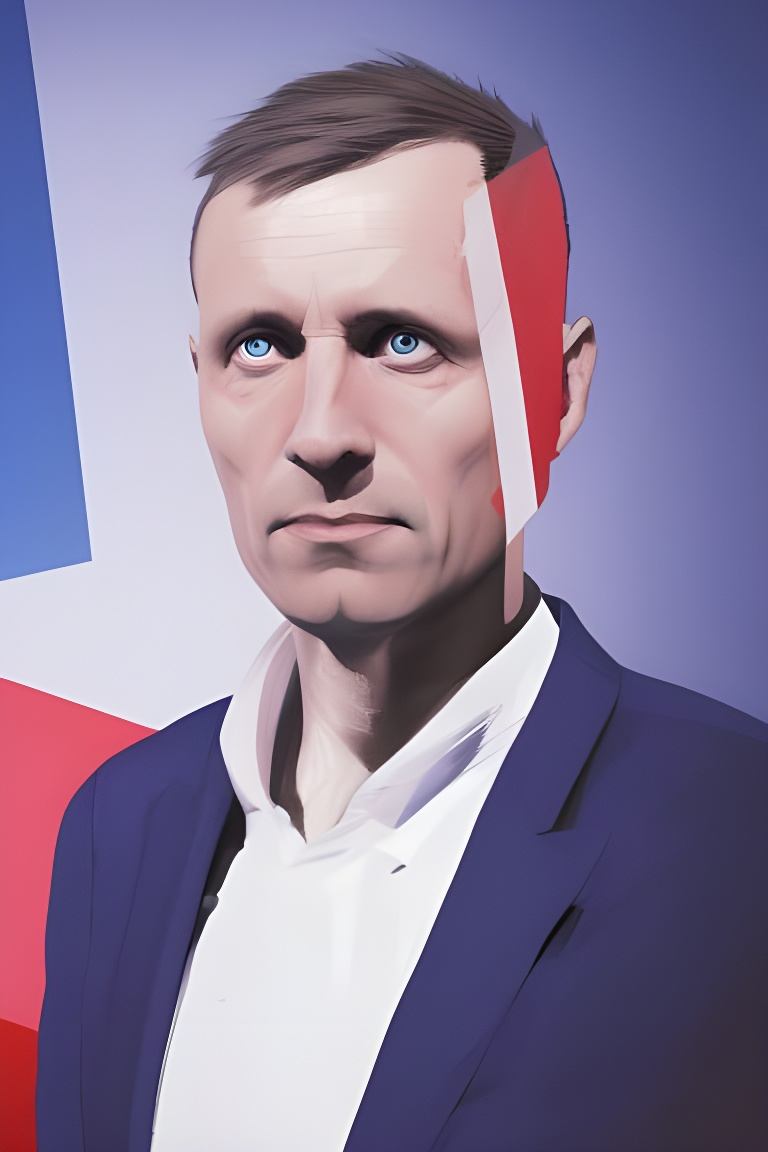
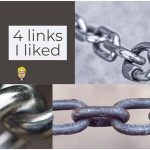

26 thoughts on “The AfD, Russia, and the attack on Ukraine”
Likes
Reposts